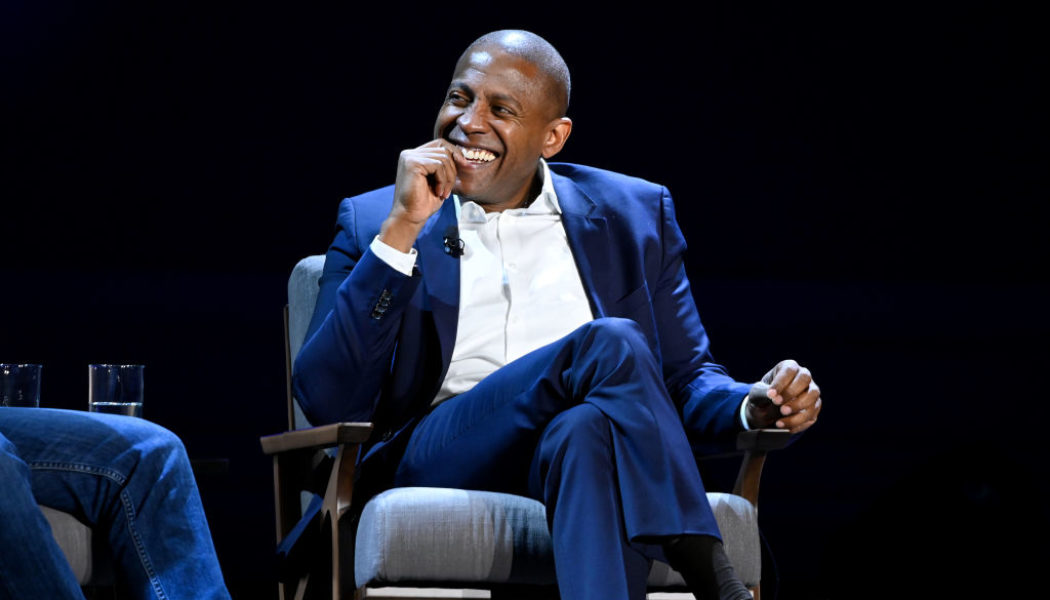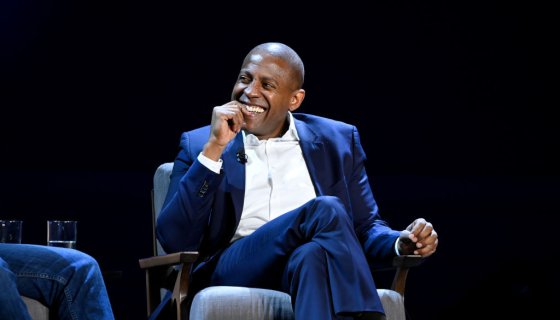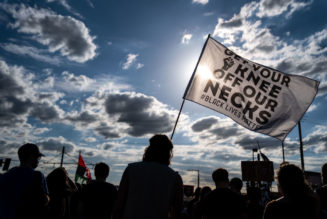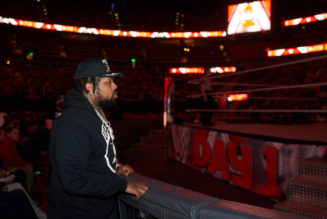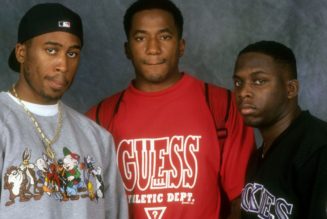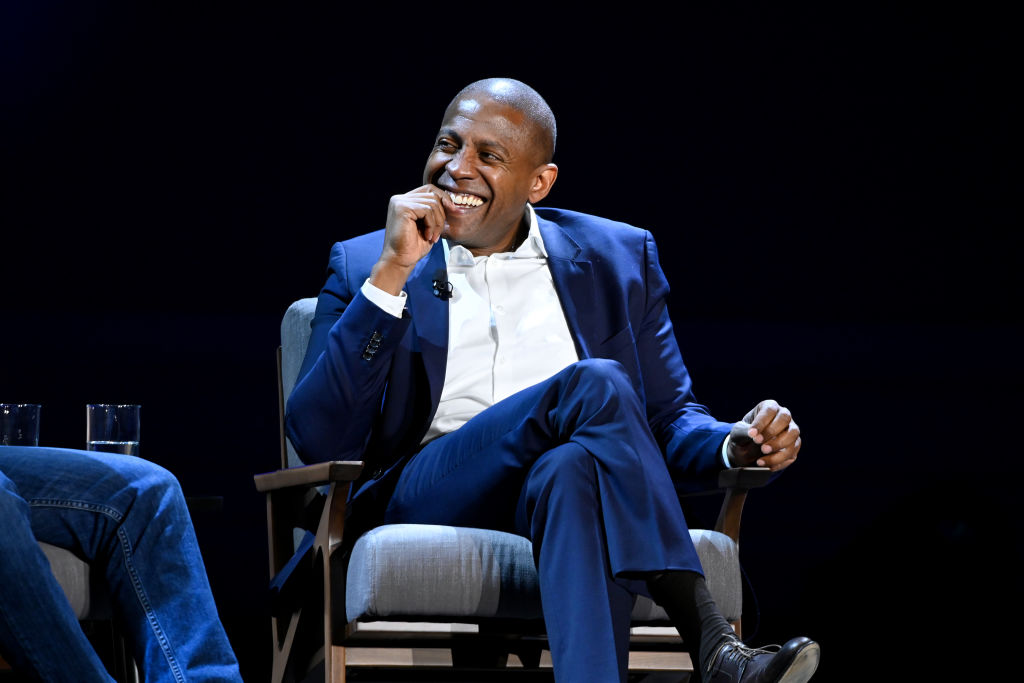
Source: Noam Galai / Getty
Ozy Media, a media and entertainment company founded by ex-MSNBC host Carlos Watson and company COO Samir Rao, is starting to look more and more like the Fyre Festival of media platforms. News continues to unfold about the company closing its doors while allegedly leaving investors stuck like Chuck after putting millions into an idea that seemingly turned into a flop.
In fact, one investor, LifeLine Legacy Holdings—a money management company based in Beverly Hills, California, with a client list that includes NFL player Marshon Lattimore and actress and TV/film producer Issa Rae—filed a lawsuit on Monday claiming Ozy Media “engaged in fraudulent, deceptive and illegal conduct,” in claiming to have a much larger audience and way more clout among top investors than the platform proved to have.
According to the New York Times, the lawsuit states that LifeLine bought a $2 million stake in the company and the only reason it made such a large investment is that Ozy leadership misrepresented facts about its business practices and success.
The lawsuit cites, for example, a February conference call between Ozy and Goldman Sachs, during which an Ozy executive impersonated a YouTube executive in an effort to convince Goldman Sachs that its popularity is reflected in YouTube views.
“Had LifeLine known the foregoing facts it would never have invested in Ozy Media,” the lawsuit states.
According to the Times, Watson said in an interview that it was Rao who was responsible for the impersonation, which he downplayed as a “very personal mental health issue.”
So here’s a few questions you might be asking yourself: What is Ozy Media? Why haven’t I heard much about it? If it’s so big, why is an executive out here virtually cosplaying a YouTube exec in order to fake social media clout?
Ozy announced Friday that it’s closing its doors, which might be related to a series of reports published by the Times exposing the company’s allegedly dubious business practices and marketing claims that appear to be widely inaccurate. Watson denounced the report as a “ridiculous hit job,” and in an interview with NBC’s Today—where many expected him to answer for the claims made in the Times report—he declared Ozy isn’t over saying, “We’re going to open for business.”
“At the end of the week, we did suspend operations with a plan to wind down,” he said. “And as we spent time over the weekend we talked to advertising partners, we talked to some of our readers, some of our viewers, our listeners, our investors.”
OK, but about those readers, viewers, listeners and investors…
One issue the Times pointed out is that Ozy relied heavily on paid promotion from social media platforms rather than actually gaining an organic audience. In his Today interview, Watson was asked if he ever “paid for digital traffic,” to which he responded, “Like everyone, 100 percent. This is such a good conversation to get into because guess who else pays? NBC!”
The Washington Post noted that Watson is right that “it’s not uncommon for digital media companies to pay to promote content on platforms such as Facebook in an effort to generate more views of its articles or videos,” but “in a sustainable business model, that kind of paid promotion shouldn’t make up the bulk of a site’s traffic. Potential investors and advertisers value media companies that are able to attract audiences in more organic ways without having to subsidize it.”
So, if Ozy is selling its investors the illusion that they’re putting their money into a company with a wide audience when they’re actually investing in a platform backed by mostly viewer numbers it paid for, it’s no surprise that investors are going to be less than pleased—which brings us back to LifeLine’s lawsuit.
According to the Times, LifeLine is seeking a jury trial and is requesting reimbursement for all the money it invested in Ozy as well as punitive damages.
